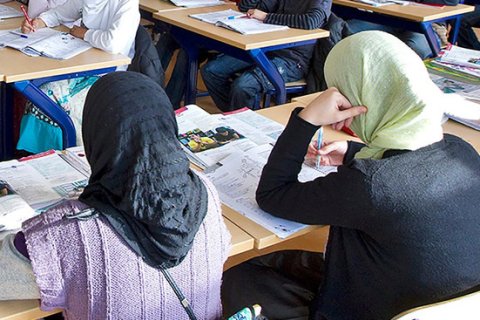Mosque heads: annual report AIVD incites further polarisation
The annual report of the AIVD over 2018, published two weeks ago, incited the critique of organisations governing mosques. The report would only further add to the distrust towards Muslims in Dutch society.

According to the organisations, the report labels all Islamic and Arabic education as radical and antidemocratic. Not enough is differentiated between schools, leading to all Islamic education being seen suspicious. The organisations deem this unfair and claim that the Dutch General Intelligence and Securty Service (AIVD) is paving the way for further polarisation: "What will someone living next to a mosque think of their neighbours after reading this?"
The AIVD's report mainly focuses on salafism. Dr. Joas Wagemakers, Associate Professor of Islamic and Arabic Studies and member of the Utrecht Young Academy, agrees that certain salafistic ideas do not fit in Dutch society. However, equating salafism to terrorism is not correct in his eyes: "Salafists dress the same way and their views are roughly the same, but a lot of them actually distance themselves from violence." Still, salafistic ideas can seep into Islamic and Arabic education.
In a reaction, the AIVD clarifies that the report serves to increae alertness in society: "Our warnings remain broad because we do not want to further inform those with bad intentions and breach privacy more than necessary."

